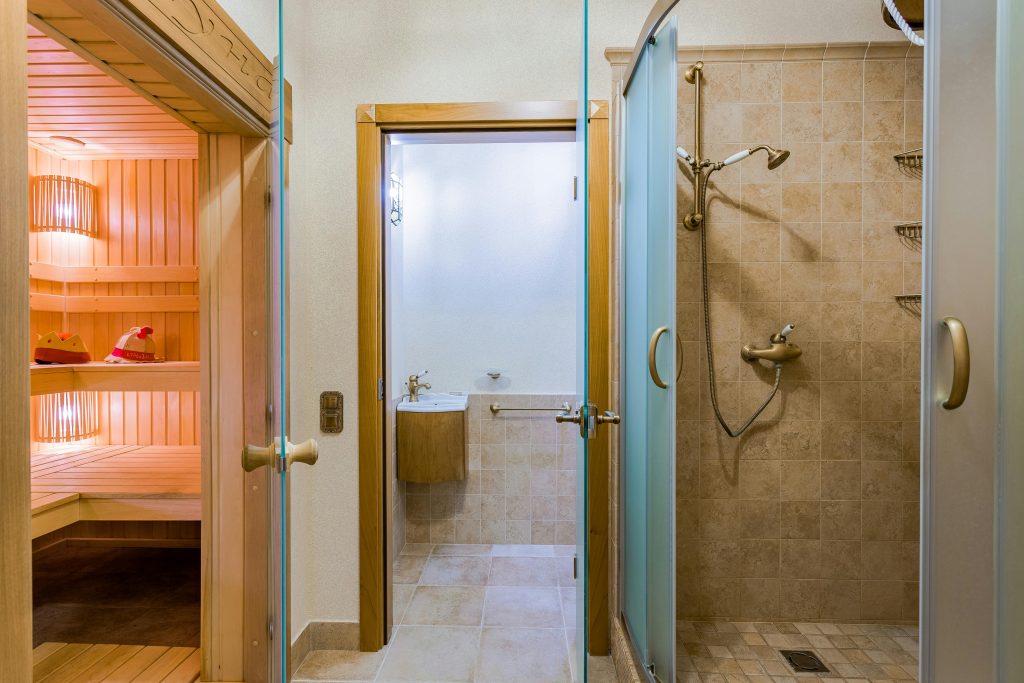Common Causes of Blocked Drains & Prevention Tips

Businesses, renters, and homeowners all frequently deal with blocked drains. Even while they could begin as a small annoyance, if ignored, they can develop into more serious plumbing issues that include water damage, foul odors, and expensive repairs. Time and money can be saved by identifying the underlying causes of obstructions and learning how to avoid them. In addition to providing helpful recommendations to maintain the functionality of your drainage system, this article examines the most frequent causes of blocked drains.
Soap scum and hair accumulation
One of the most frequent reasons why bathroom drains become clogged is hair and soap residue. It is easy for hair strands to fall into the drain when you shower or wash your hands. These threads eventually tangle and combine with soap scum to create a sticky mass that impedes water flow and ultimately results in a total blockage. This problem is especially common in homes with pets that are bathed indoors or with long-haired residents.
Install drain strainers or hair catchers over bathroom drains as a preventative measure. Hair and debris can be caught by these low-cost instruments before they enter the piping. Additionally, develop the practice of routinely clearing the strainer. Using body washes that are low-residue or soap-free can also lessen soap accumulation, prolonging the clarity of pipes.
Grease and food scraps in kitchen sinks
Improper disposal of cooking fat and food waste frequently leads to blockages in kitchen sinks. Unaware that fats like butter, oil, and other oils cool and harden in pipes, creating sticky coatings that draw food particles and eventually clog the drain, many individuals dump these items down the sink. Other recognized culprits are coffee grounds, food leftovers, and fibrous vegetables like potato peels and celery.
Prevention Tip: Before washing dishes, always scrape remaining food into the trash or compost. To capture tiny food particles, use a sink strainer and empty it often. Grease should never be poured down the sink; instead, it should be collected in a container and disposed of in the garbage when it has solidified. Your drainage system’s lifespan can be considerably increased by adopting these simple practices.
Plumbing that is outdated or poorly maintained
Sometimes, the state of the plumbing system itself causes blocked drains rather than user behavior. Pipes in older homes may be constructed of antiquated materials like cast iron or clay, which are more likely to clog, corrode, and crack. In other situations, improperly sloped or placed pipes may hinder adequate drainage and promote the accumulation of waste. Professional services like blocked drains frequently enter this situation to examine, identify, and fix underlying problems.
Prevention Tip: If you reside in an older home, make sure to schedule routine plumbing inspections. Expert plumbers are able to spot issues early and carry out essential repairs like pipe relining or high-pressure water jetting. Additionally, upgrading certain parts of your plumbing system can increase efficiency and lower the chance of clogs in the future.
Infiltration of Tree Roots and Outdoor Debris
Tree root incursion is one of the more serious problems that can affect subterranean pipes and outdoor drains. Roots can enter even the smallest pipe cracks and are naturally drawn to moisture. They proliferate and spread once inside, clogging and even shattering the pipes. Furthermore, particularly during the rainy season, leaves, soil, and other garden waste can find their way into stormwater drains, causing floods and water backup.
Prevention Tip: Examine and clean outside drains on a regular basis, particularly in the fall or following a storm. To keep leaves and other debris out of the system, use drain covers. Speak with a qualified plumber who can use CCTV technology to examine the pipes if you think there may have been root intrusion. In certain situations, it is possible to replace or reline damaged pipes and remove roots without excavating your yard.
Flushing Items That Cannot Be Flushed
Toilet paper and human excrement are the only materials that toilets are made to handle. But a lot of people use them as garbage disposals, flushing things like paper towels, cotton swabs, feminine hygiene products, wet wipes, and dental floss. Because they don’t decompose like toilet paper, these substances can build up in the pipes and cause obstinate blockages that frequently call for expert assistance.
Tip for Prevention: Inform everyone in the house about what can and cannot be flushed. Put a small container for non-flushable trash next to the toilet. Select toilet paper with a septic-safe label, particularly if your plumbing system is ancient or delicate. By doing these easy steps, you can maintain your toilet running smoothly and avoid unplanned plumbing problems.
Although blocked drains can be an annoying and expensive issue, they can be mostly avoided with good habits and a little upkeep. Small daily activities can have a large impact, such as being conscious of what you flush down the toilet or avoiding grease disposal in the kitchen. Additionally, you can maintain the best possible condition of your plumbing system with routine inspections and expert assistance. You can prevent needless plumbing catastrophes and have year-round smooth drainage by being aware of the most frequent reasons for blocked drains and putting the advice given above into practice.



Leave a reply